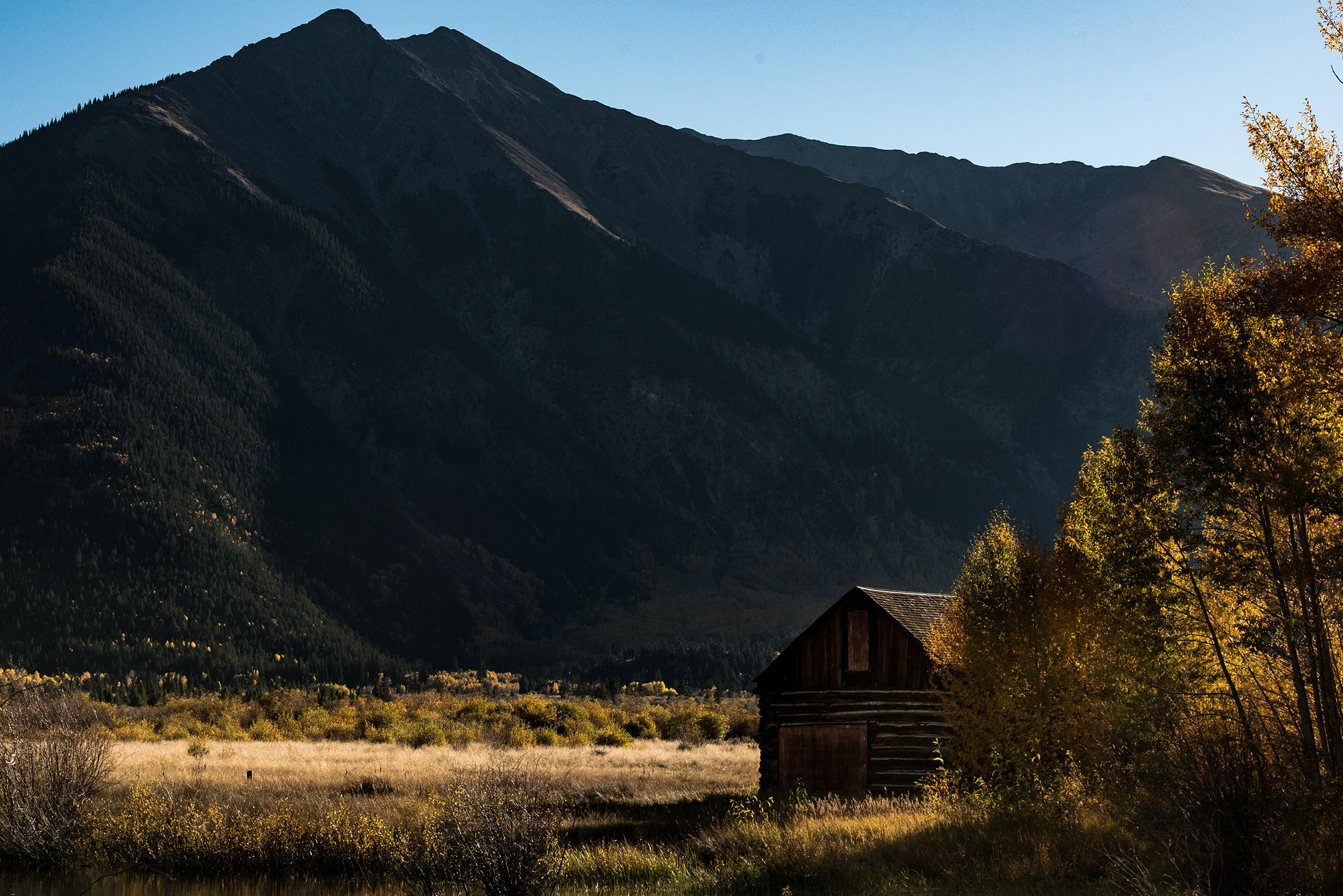When looking for that perfect dream property one of the first things to investigate is its location. Before investing in rural property consider things like distance from an International Airport. Or how far are you from medical services? How far is basic shopping? And neighboring property ownership, who are your neighbors? Are there utilities to the property?
These are a few of the basic factors to take into consideration when purchasing unique rural type real estate. Sometimes it is necessary to alter your criteria a little and find a property that is in a good location and meets more of the above criteria rather than gamble on an exceptional piece of property that is so remote it doesn’t conform to these standards or guidelines. You will find you might pay a little more for the property when you initially buy it but when you go to sell it there is a greater likelihood of profiting from this investment.
These are items we at FarWest help research and work with you, the buyers and sellers, whether you are purchasing a property or looking to sell a unique piece of property. We start by identifying your criteria and working from there in finding locations that have the qualities you are looking for and by the same token as a seller we use these same qualities to help sell your one-of-a-kind property.



